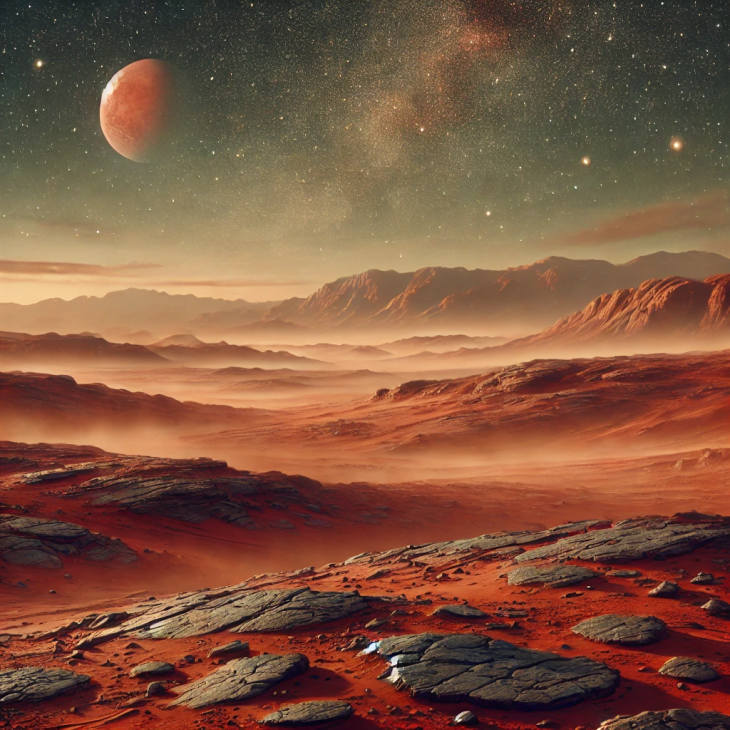
Creating a sustainable water supply is a critical challenge for future Mars missions. Innovative approaches are being developed to ensure astronauts have access to this vital resource during their stay on the Red Planet.
Extracting Water from Martian Minerals
Mars hosts vast deposits of gypsum, a mineral containing water within its crystalline structure. Researchers at Michigan Technological University have proposed a method to extract this water by using high-pressure water jets to fracture the gypsum. The resulting slurry can then be heated to release the bound water, providing a potential source for drinking, oxygen production, and even rocket fuel manufacturing.
Harnessing Subsurface Ice Deposits
Erosion on Mars has exposed substantial ice sheets, some located just a few feet below the surface. NASA studies suggest that by drilling into these ice deposits and applying heat, it’s possible to create wells that yield sufficient water to support human life. This technique, inspired by terrestrial practices, could produce approximately 380 liters of water per day, comparable to daily usage rates on Earth.
Recycling Wastewater into Fuel
Addressing both water conservation and energy needs, a team from the Spanish company Tekniker is developing a system that utilizes solar power to convert astronaut wastewater into fuel. This photoelectrochemical process not only recycles water but also produces hydrocarbons like methane, which can be used as rocket propellant, thereby supporting the energy requirements of Martian missions.
These pioneering techniques are paving the way for sustainable human presence on Mars, ensuring that astronauts can “B&Q it”—by being resourceful and self-sufficient in utilizing the planet’s resources.




